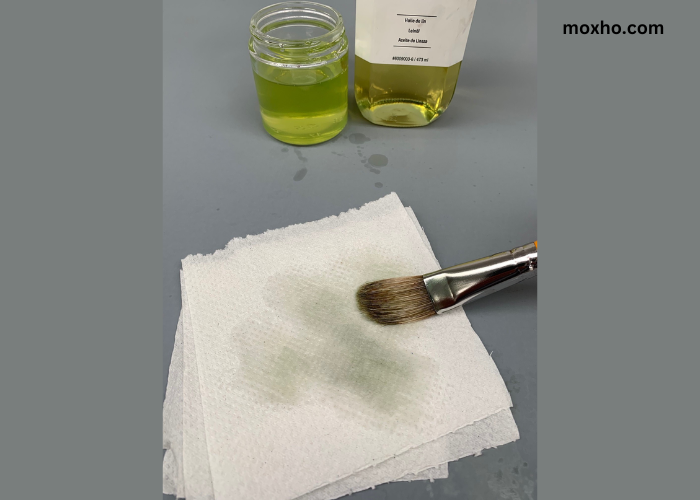Oil painting is a beautiful and timeless art form, but it comes with its fair share of challenges. One of the most important aspects of oil painting is appropriately cleaning your brushes after each use. However, many artists are hesitant to use paint thinner due to its strong odor and harmful chemicals. If you’re looking for alternative ways to clean oil paint off your brushes without using paint thinner, you’re in luck. In this article, we will explore different methods that are effective, safe, and eco-friendly.
The Importance of Cleaning
Before we dive into alternative cleaning methods, it’s crucial to understand why cleaning oil paint brushes properly is so important. When oil paint dries, it forms a rigid and stubborn residue on the bristles of your meetings. If left untreated, this residue can ruin your brushes and affect the quality of your future paintings. By cleaning your brushes thoroughly after each use, you not only extend their lifespan but also ensure that your next painting session starts with clean and vibrant brushes.
Different Methods
Method 1: Using Dish Soap and Warm Water
One of the simplest and most effective ways to clean oil paint brushes without paint thinner is by using dish soap and warm water. Start by rinsing your brushes under warm running water to remove as much paint as possible. Then, apply a small amount of dish soap to the bristles and gently massage it in. Work the soap into a lather, ensuring that it reaches the base of the bristles. Rinse the brush thoroughly under warm water until the water runs clear. Finally, reshape the bristles and lay the brushes flat to dry.
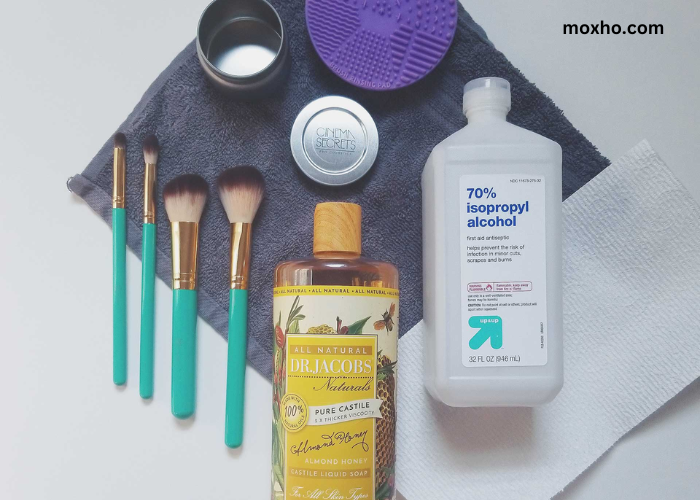
Method 2: Using Vegetable Oil and Soap
Another alternative method involves using vegetable oil and soap. Begin by wiping off excess paint from your brushes using a paper towel or cloth. Pour a small amount of vegetable oil into a container and dip the bristles into the oil. Gently work the oil into the bristles, ensuring that it reaches the base. Afterward, wash the brushes with warm water and a mild soap to remove the oil and any remaining paint. Rinse until the water runs clear, reshape the bristles, and let the brushes air dry.
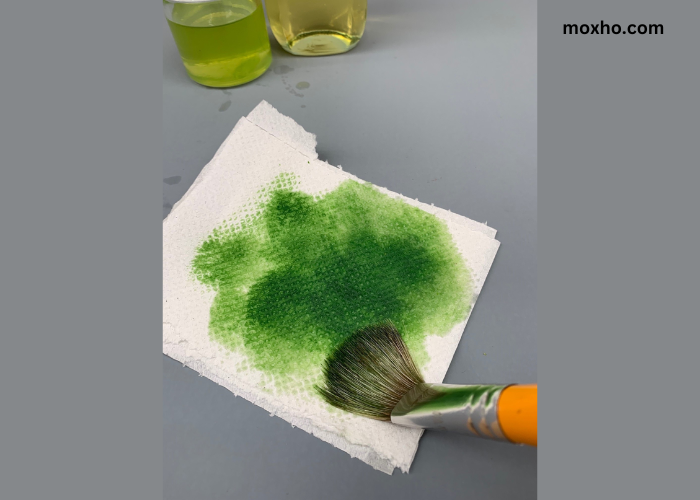
Method 3: Using Vinegar and Baking Soda
Vinegar and baking soda can also clean oil paint brushes effectively. Start by filling a container with equal parts vinegar and warm water. Swirl the brushes in the mixture, ensuring that the bristles are fully submerged. Let them soak for approximately thirty minutes. After washing, rinse the brushes with warm water to remove the vinegar solution. Next, create a paste by mixing baking soda with a small amount of water. Apply the paste to the bristles and gently massage it in. Rinse the brushes thoroughly and allow them to dry.
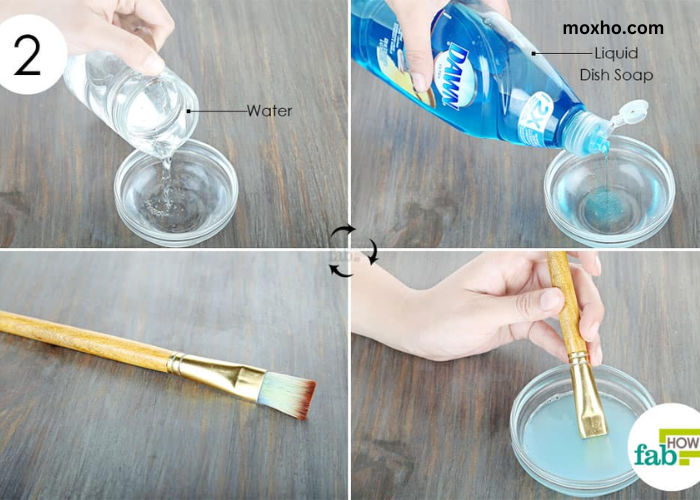
Method 4: Using Baby Oil or Mineral Oil
If you’re looking for a gentle and effective way to clean your oil paint brushes, consider using baby oil or mineral oil. Start by wiping off excess paint from the brushes with a cloth or paper towel. Pour a small amount of baby or mineral oil into a container and dip the bristles in. Gently swirl the brushes to remove the paint. Afterward, wash the brushes with warm water and mild soap to remove the oil and any remaining stains. Rinse thoroughly, reshape the bristles, and allow the brushes to air dry.
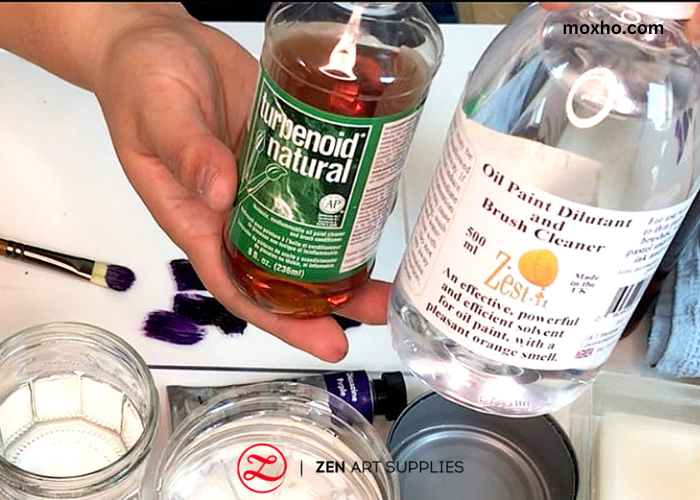
Conclusion
Cleaning oil paint brushes without using paint thinner is not only possible but also a safer and eco-friendly option by utilizing alternative methods mentioned above. So, next time you embark on an oil painting journey, remember to clean your brushes with care and keep the beauty of your artwork alive.
